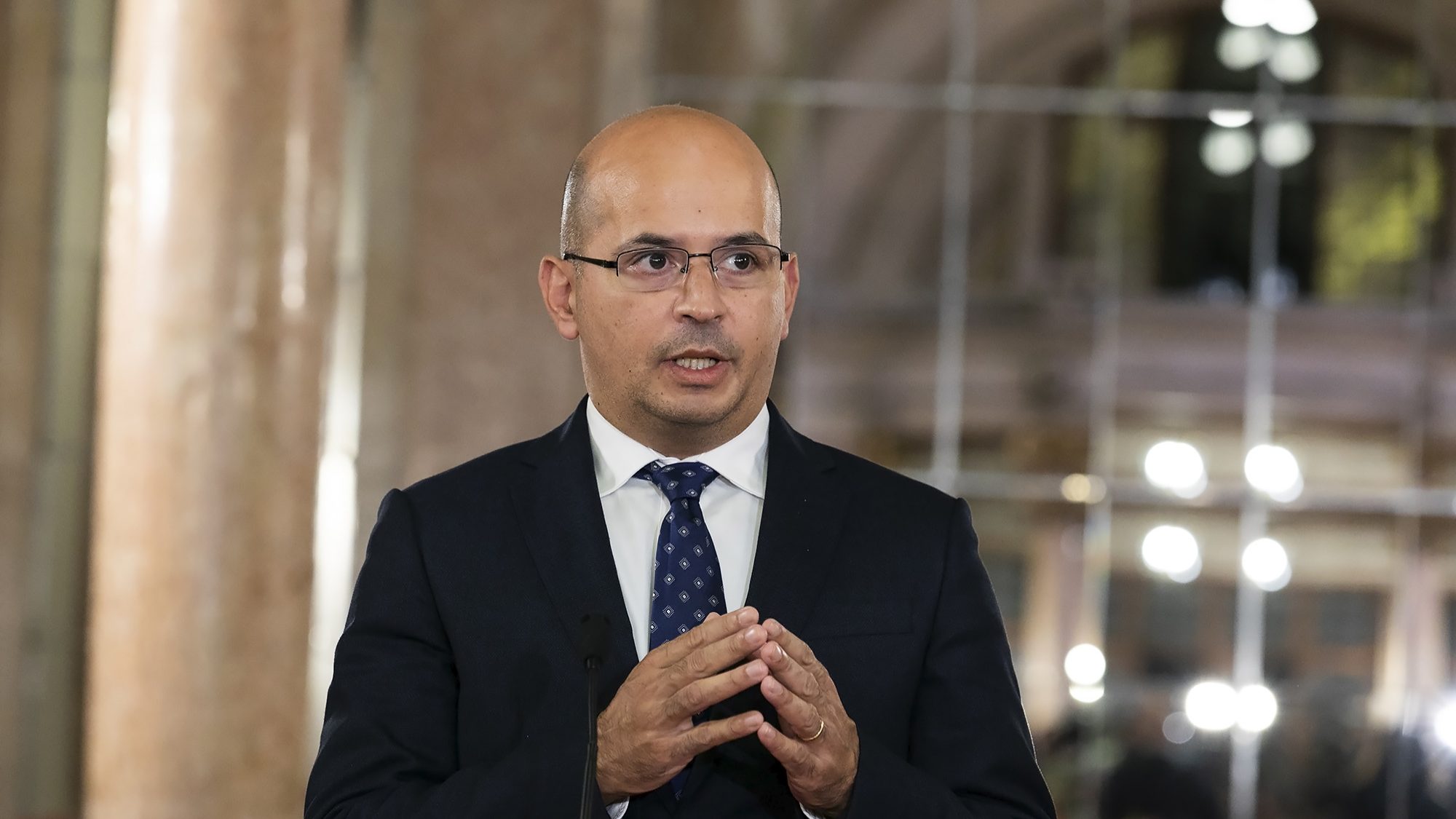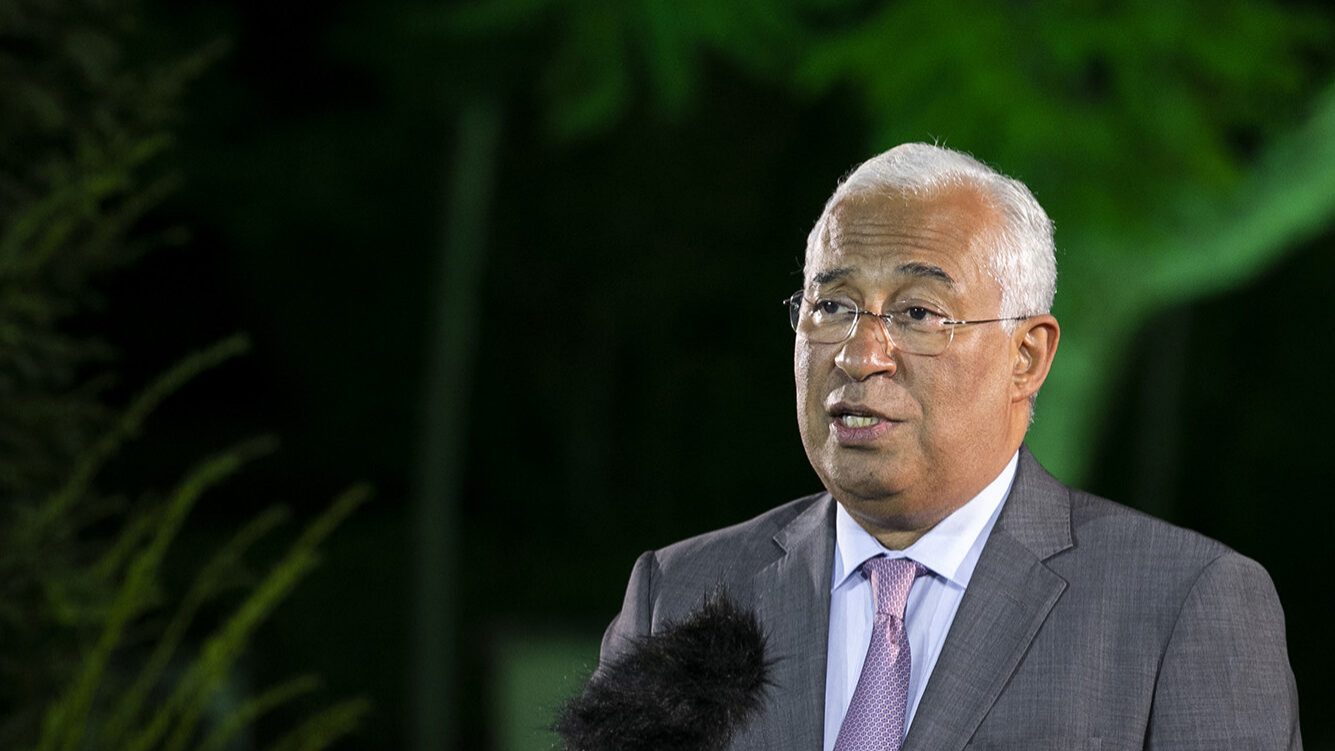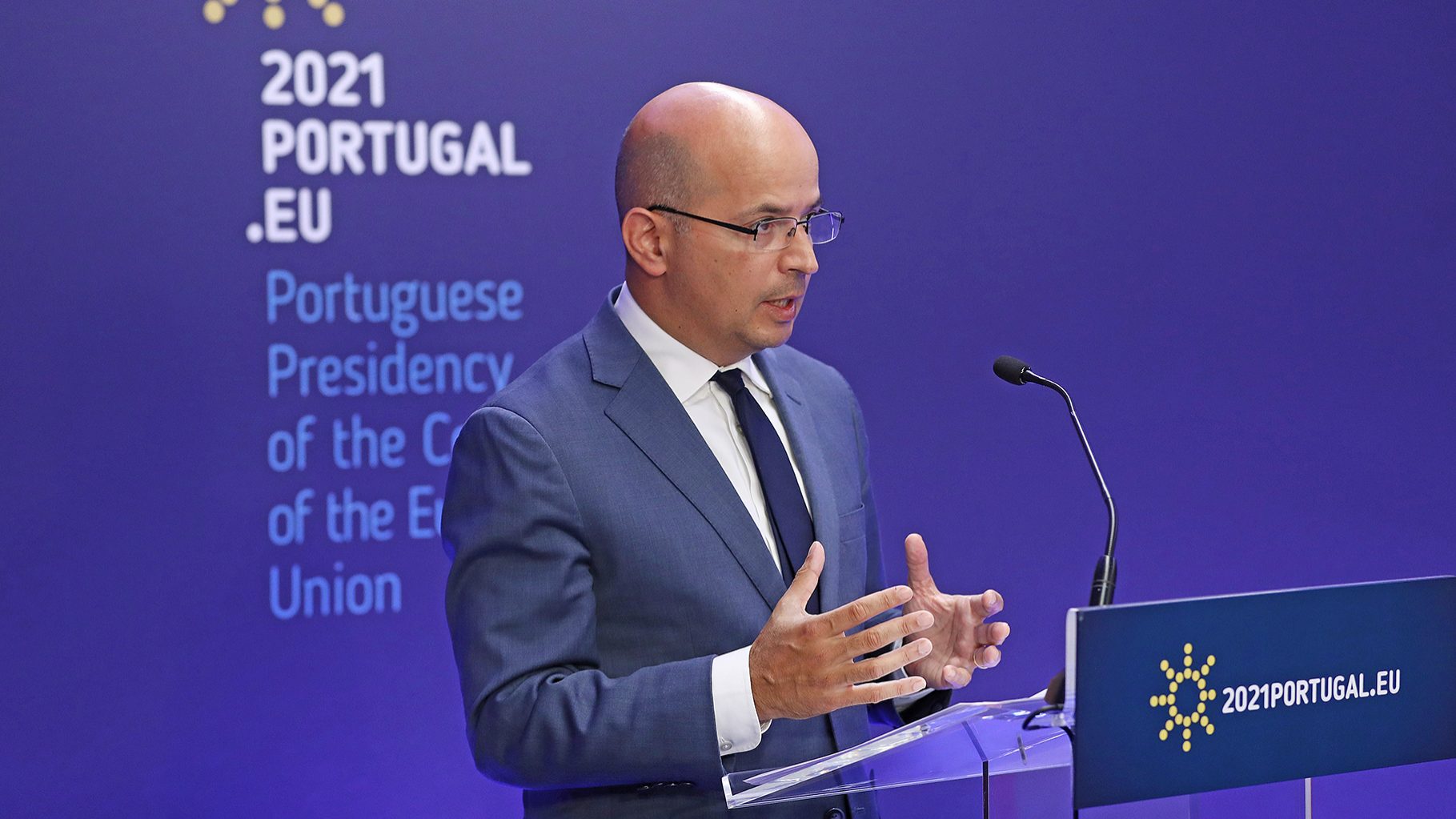EU/Presidency: Commissioner stresses ‘merit’ of Portugal’s social policies
The commissioner for social rights highlighted the agreement reached on the European Children's Guarantee, providing minors at risk free access to essential services such as education and health.
The European commissioner for social rights, Nicolas Schmit, highlighted “the merit” of the Portuguese presidency of the European Union (EU), which is about to end in the social area, namely with “the innovative” Porto Summit, which established European commitments.
“I regret that the Portuguese presidency is already coming to an end, but this is how Europe functions, sic months is a short period. But during these six months, especially in my area, […], a lot has been achieved, let’s start again with the Porto Summit,” Nicolas Schmit told Lusa in Brussels.
Speaking about the Porto Social Summit, organised at the beginning of May by the Portuguese presidency of the Council of the EU, Schmit described it as “innovative“, since “the social dimension in Europe and in European policies is now, more than ever, anchored in European policies” and with “very clear political commitments”.
“Surprisingly, [the Social Summit gave] a strong impetus to continue developing social Europe and the social dimension in European policies with quite concrete objectives on poverty, on employment […] and training and, therefore, I think that this was a huge merit of the Portuguese presidency,” Nicolas Schmit pointed out in this debriefing interview with Lusa.
At the beginning of May, the EU heads of state and government undertook, at the Porto Social Summit, “to deepen the implementation” of the European Pillar of Social Rights, defending this as a “fundamental element of the recovery” after the pandemic crisis.
Defined by the Portuguese presidency as the high point of its presidency, the Social Summit had at the heart of the agenda the action plan of the European Social Pillar, presented by the European Commission in March and which foresees three major goals for 2030: to have at least 78% of the population employed, 60% of workers receiving training annually and to remove 15 million people, five million of whom are children, at risk of poverty and social exclusion.
The European commissioner for social rights also highlighted the agreement reached last week by the Portuguese presidency of the Council on the European Children’s Guarantee, providing for minors at risk to have free access to essential services such as education and health, which he called “a major achievement in such a short time”.
“The European Children’s Guarantee was adopted within two months of the Commission’s proposal […], and this is really a very exceptional situation because this was done in record time”, he said, considering that we are dealing with “very concrete and child-focused instruments”.
When the first EU funds for post-pandemic crisis recovery are about to arrive in the countries, Nicolas Schmit said that another of the issues in which the Portuguese presidency “has played a central role in the implementation” concerns the National Recovery and Resilience Plans (RRP).
“Portugal has set a good example with its RRP, which was the first to be presented and is a plan that absolutely respects the share of investment in digital projects, but also in social projects”, he stated.
For the European Commissioner, this is a “good example”. “So, there is a long list […], and I think that this is really a presidency that has made a decisive contribution to adjusting the path of Europe to become more social,” he added.


